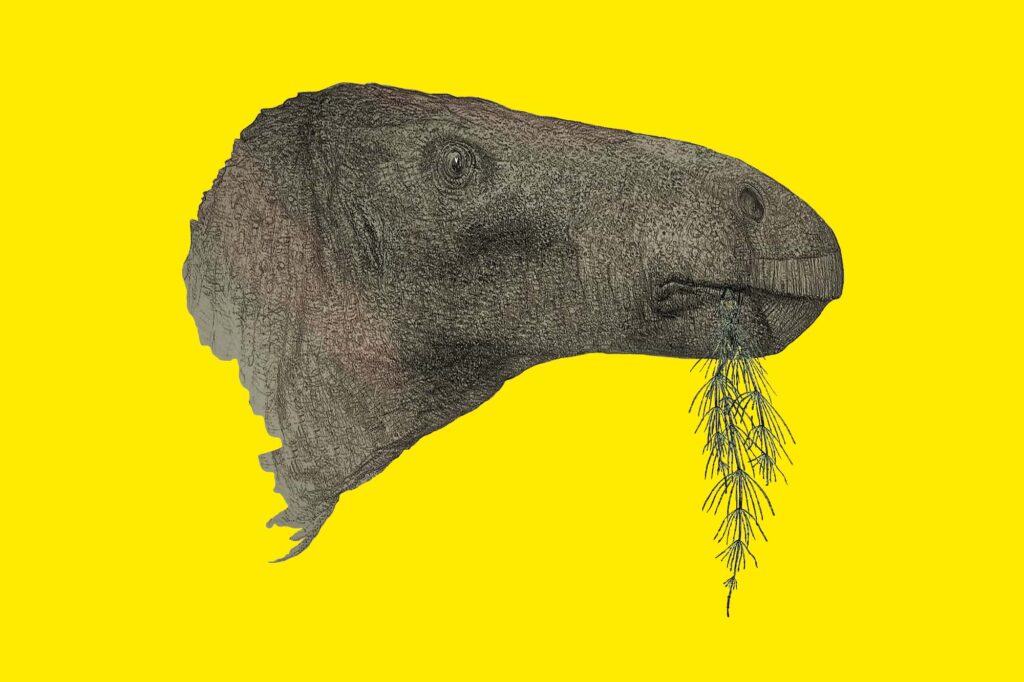- The dinosaur roamed the Earth about 125 million years ago
- Dinosaur was a large plant-eater, about the size of an American bison
- Dinosaur has been named in tribute to the man who discovered the bones

There may be a new dinosaur to be featured in the upcoming reboot of Jurassic Park as a new species has been confirmed after research into bones found on the Isle of Wight off the coast of England.
Analysis of bones found in the cliffs of Compton Bay on the Isle of Wight in 2013 by the late fossil collector Nick Chase found that it was a new genus and species of Iguanodon.
Herding animal
It is thought that the dinosaur would have been roaming the Earth 125 million years ago and would have been a plant-eater weighing about a ton. It has been named Comptonatus chasei by Jeremy Lockwood, a University of Portsmouth PhD student who has spent years analysing the bones. He explained he named it Compton after where it was found, ‘tonatus’ – the latin word for thunderous – and chasei in tribute to the man who discovered the bones.
“This animal would have been around a ton, about as big as a large male American bison,” said Lockwood. “And evidence from fossil footprints found nearby shows it was likely to be a herding animal, so possibly large herds of these heavy dinosaurs may have been thundering around if spooked by predators on the floodplains over 120 million years ago.”
Fast evolution
Dr Susannah Maidment, senior researcher and palaeontologist at the Natural History Museum, added that the dinosaur was one of the most complete to be found in the UK for a century – 149 bones were dug up.
She added that it is younger than Brighstoneus and older than Mantellisaurus, two types of Iguanodon closely related to Comptonatus. “Which… demonstrate fast rates of evolution in iguanadontian dinosaurs during this time period and could help us to understand how ecosystems recovered after a putative extinction event at the end of the Jurassic Period.”